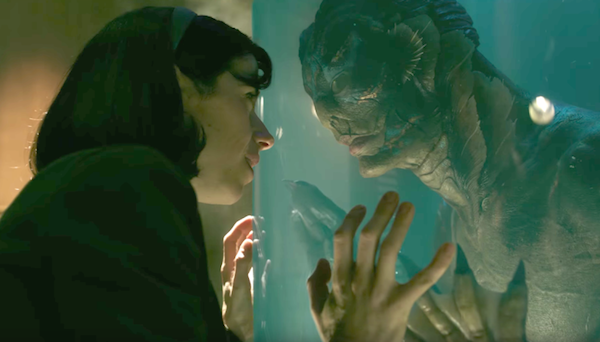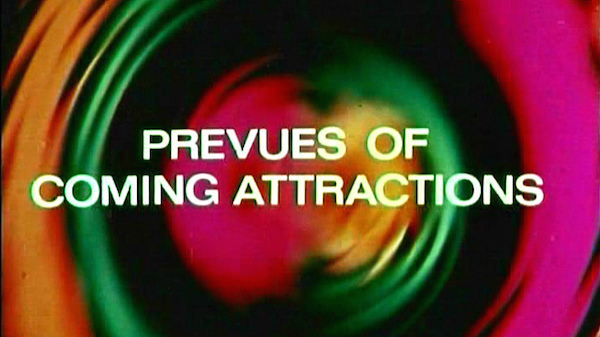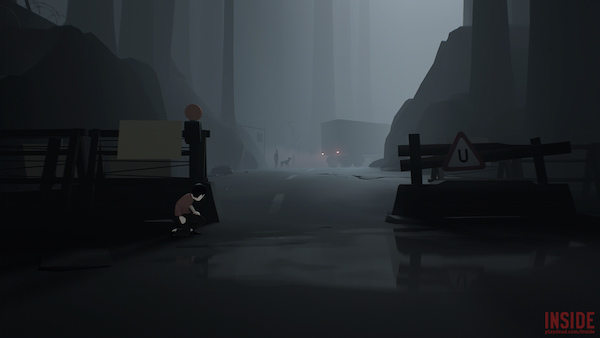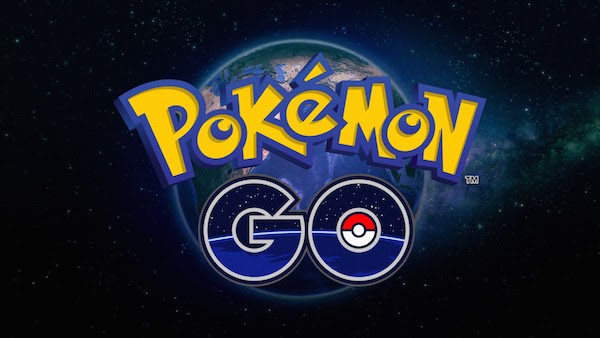More overrated: Scorsese or PTA?
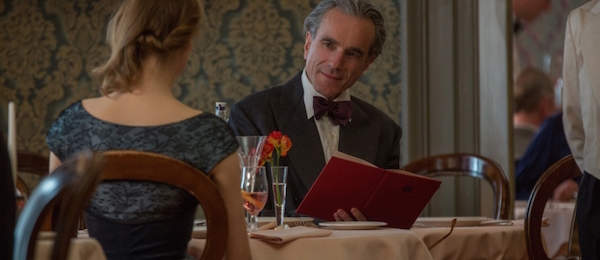
The only legendary actor brave enough to let his final role involve serious bowel trauma.
Phantom Thread: didn’t love it. I’m sorry! Lots of people did, and that’s cool. It was certainly pretty.
Generally I’d rather not try to review a movie that didn’t do it for me. But okay, just a little.
Maybe because in a love story where the love feels unmotivated, it undercuts my investment in the whole story –like The Shape of Water, but from a darker perspective.
Maybe because the movie seemed to both celebrate and have contempt for its main character, portraying him as a foolish blowhard but also lovingly praising his brilliance, which left me confused and even a bit angry — much like Wolf of Wall Street. (Man, I do not like that movie.)
In fact, that made me think that in particular, I’m pretty well over movies about terrible men that we are supposed to be entertained by, and that the films seem to glamorize for the majority of their stories, but that, *wink*, all us smart viewers know in our hearts are awful, so it’s ok to spend hours laughing at their misdeeds. I’m not really buying that argument.
So instead of talking about the deep themes of a movie I didn’t like, a simpler question:
Who’s more over-rated, Martin Scorsese or Paul Thomas Anderson?
You can answer this even if you love both! I personally like several of the movies by both of them. But… definitely not all, nor would I call either “The Best Living…” anything, based on my tastes.
Controversial!
